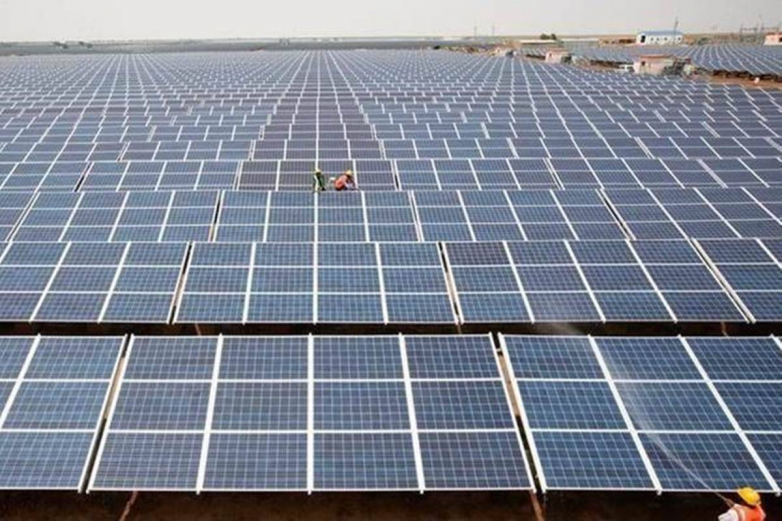PSUs to set up 10GW polysilicon production capacity to reduce solar reliance on China
- A senior authorities from the ministry of brand-new as well as renewable resource (MNRE) told FE that the Chinese suppliers have increased the price of wafers that goes into the manufacturing of cells after India increased the production of cells under the Atmanirbhar Bharat Abhiyan.

Public industry business such as NTPC and BHEL may establish polysilicon factory in the nation to help in reducing India's reliance on China for import of wafers, ingots and cells for incorporated production of solar modules under the Atmanirbhar Bharat Abhiyan.
An elderly official from the ministry of new and also renewable energy (MNRE) informed FE that the Chinese suppliers have enhanced the cost of wafers that goes into the manufacturing of cells after India boosted the production of cells under the Atmanirbhar Bharat Abhiyan. This is likely to make Indian panels incompetitive versus imported panels from China showing their vulnerablity to rate changes and also their dependancy on China.
"To overcome the concern of highhandedness of Chinese makers, Indian federal government is in talks with PSUs to establish around 10GW of polysilicon production capability in India. Polysilicon is utilized to make ingots and wafers and is readily available for imports from nations outside of China like South Korea," the authorities said.
According to market standards, one gigawatt of polysilicon ability costs anywhere in between Rs 1,250 crore to Rs 1,500 crore.
Anish Rajgopal, supervisor, Chemtrols Solar, stated, it is required for the nation that some companies with deep pockets take the effort of setting up polysilicon and wafer production capability in the country as they are extremely capital-intensive. "The advantage with polysilicon is they are easily available in the country, although to begin with companies might consider high quality silicon from abroad, yet later on they can shift to locally readily available silicons," Rajgopal said.
MNRE is also working with a plan to offer monetary motivations to the manufacturers going to establish polysilicon, ingots as well as wafers plants. The production of wafers as well as ingots is resources intensive in nature as against the cells and also components producing where the each expense has ended up being self lasting with the import obligations and also solar schemes such as KUSUM, CPSU and Rooftop, as they require necessary use of domestic cells and modules.
"We require to check out supplying interest subvention to wafer as well as ingot suppliers. We additionally need to take a look at self maintaining and also restricted usage systems for wafer manufacturers as well," the MNRE official said. According to the main their single-window job checking division has got tremendous feedback for the cells as well as component manufacturing from business owners under the Atmanirbhar Bharat Abhiyan and also they are functioning to satisfy the needs of wafer producers also.
Union power priest RK Singh in August stated India must come to be autonomous in production of solar devices in the next 18 months to lower its depence on Chinese imports.
